Imagine this. You are working in your lab when you realize the thing you’ve been studying isn’t just a new scientific discovery but could also improve the lives of people around the world.
This discovery could be a new drug, medical device, software, environmental sensor, etc. Now that you know you have something cool on your hands, how do you actually get that discovery out of the lab and to the people who could benefit from it?
That’s where the Technology Licensing Office (TLO) comes in. Just like you are an expert in your field, our team has expertise in protecting, developing marketing and—as the name suggests—licensing your ideas.
However, our office can’t help you if we don’t know what your discovery is. That’s why we need you to disclose your invention to us. Disclosing your invention involves filling out a form detailing what the discovery is, how it works, what makes it special, who worked on it and any funding you received. An invention disclosure can also include attaching a draft paper, presentation or manuscript. Importantly, the timing of your disclosure impacts how well we are able to help you, so when should you disclose?
These inventions and discoveries can result in intellectual property (IP) and are managed by our office to drive research and benefit the community. One of the main reasons we ask you to disclose is to protect your ideas—or IP—typically through patents, before you share them in a dissertation, published article, conference presentation and more. In order to successfully protect those ideas, we ask that you disclose at least two months before any public disclosure (paper, presentation, etc.).
Early disclosure also helps jump start the commercialization process. This involves turning ideas, inventions and discoveries into practical products or services that can be sold or used to positively impact society through collaborations with businesses or entrepreneurs.
Here are some other things to consider:
Early and proactively: It’s generally advisable to disclose your research as early as possible and proactively. Never fear though! You don’t need all the details of your technology mapped out before disclosure. Often the descriptive elements of a disclosed technology come to us in draft formats, and we don’t need a finalized thesis to start working on protection.
Before publication: It’s best to disclose your research to the TLO before you publish the results or present them at conferences. This helps protect the intellectual property associated with your research and ensures that the university or institution has the opportunity to evaluate its commercial potential. In fact, the ability to protect your idea could be lost if a patent application isn’t filed before a public disclosure.
Grants: Consider documenting background IP before submitting a grant proposal and possibly protecting concepts prior to submission for a grant. Any new concepts or IP that will be reported to a federal agency in progress reports or final closeout need to be reported through our office to satisfy the grant.
When there’s commercial potential: If you believe that your research could lead to the development of a new product, technology or startup, it’s crucial to disclose it to the TLO promptly. We can help assess the marketability of your research and guide you through the commercialization process.
Learn more about the commercialization process in our faculty guide
Before collaborating with external partners: If you plan to collaborate with external partners, such as industry companies or startups, it’s essential to involve TLO early on. We can assist in negotiating contracts, licensing agreements, confidentiality agreements and protecting the U’s interests.
As soon as you identify IP: Whenever you identify intellectual property within your research, such as a patentable invention or unique technology, it’s time to disclose it to the TLO. Timely disclosure ensures that the institution is compliant with federal law and can protect and potentially monetize the IP.
Pre-disclosure: If you haven’t quite reduced your idea down into a specific product or service, a pre-disclosure allows us to start exploring how a potential product would fit in the context of the current market. Then after more development, your product would have a head start thanks to your preparation, planning and our collaboration.
Do you have more questions? Please reach out to a member of the commercialization team. We are happy to jump on a Teams call or visit you in your office or lab to discuss if a technology or opportunity is ready.
Note: This story originally appeared on TLO’s website.
